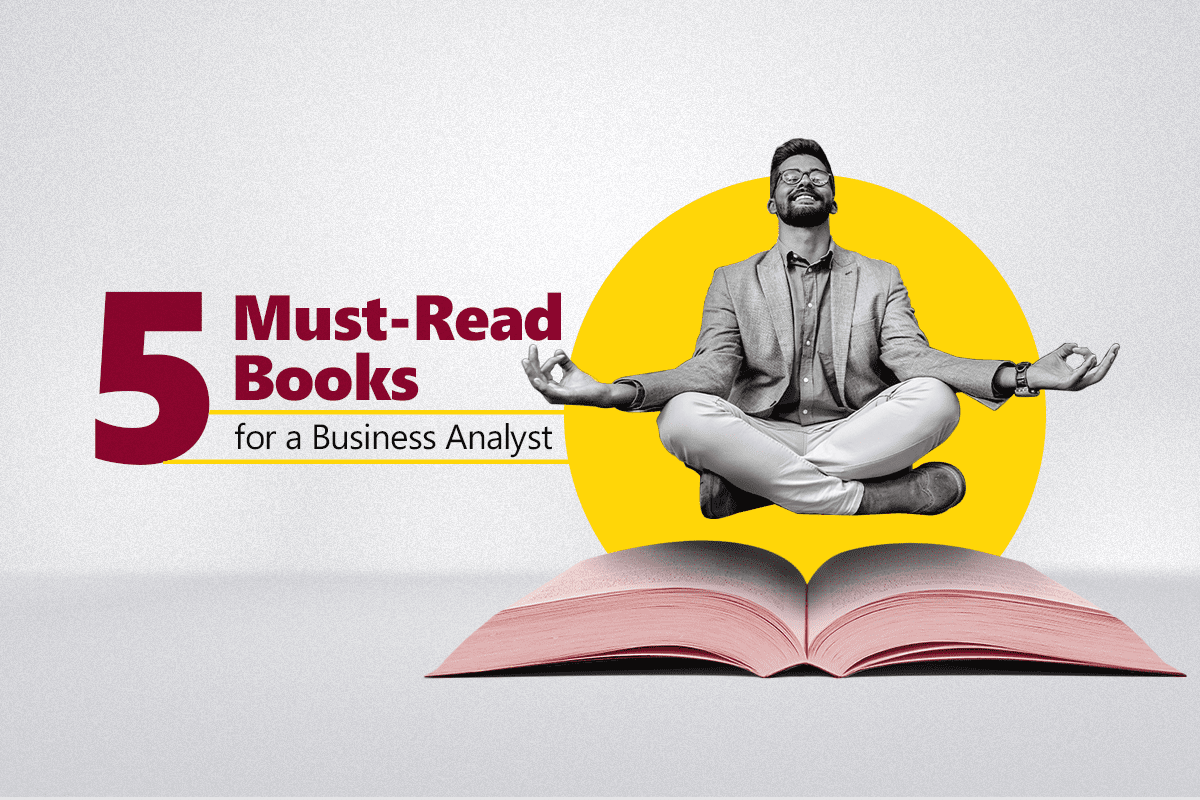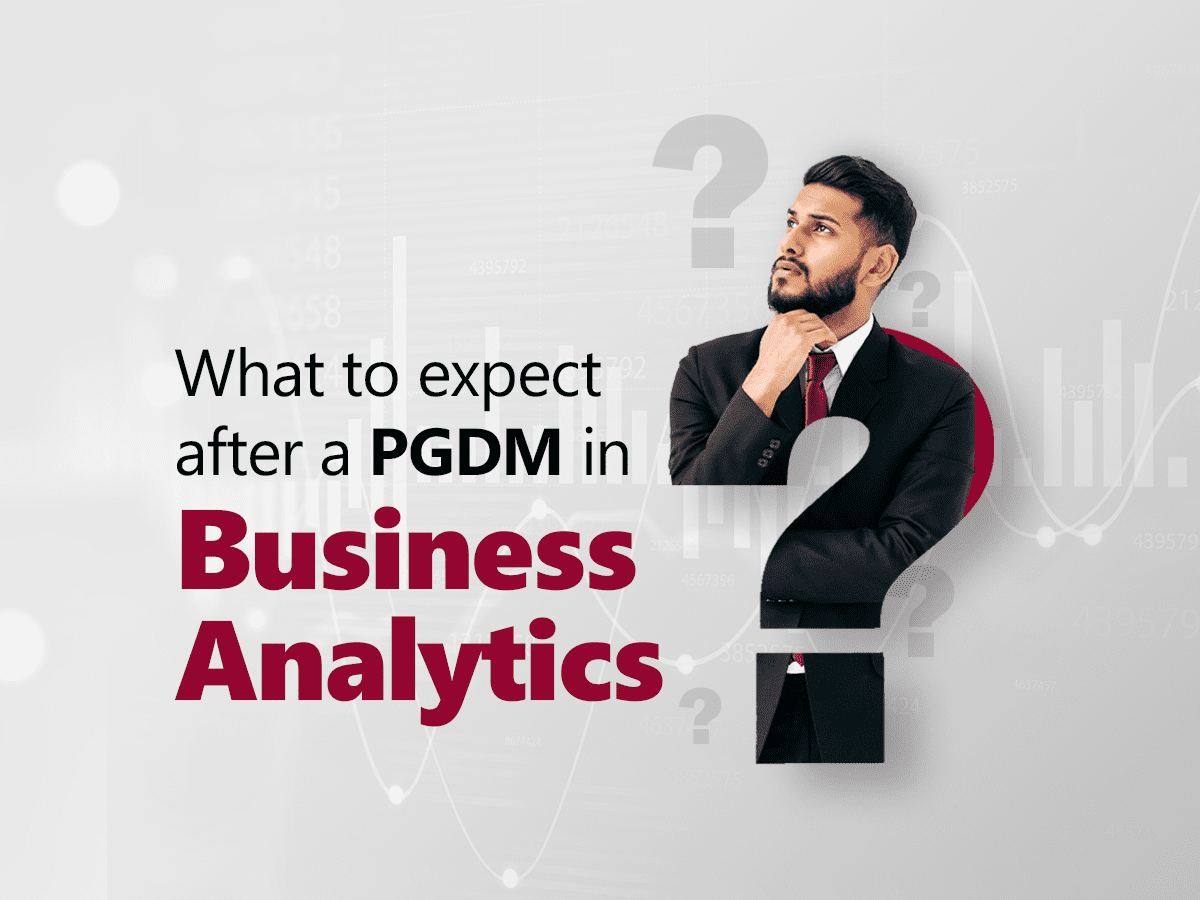A Post Graduate Diploma in Management (PGDM) program in India is the perfect choice to boost your career in the business world. If you’re planning to pursue a PGDM program soon, there are numerous B-schools offering the program with different specializations. It is essential to plan strategically when it comes to selecting the right stream and securing admission to the institute of your choice. In this comprehensive guide, let’s walk you through the key steps to help you crack the code and gain admission to your dream PGDM college in India:
1. Research your options
Begin by researching various management institutions offering PGDM programs. Consider factors such as legacy, reputation, faculty expertise, alumni network, curriculum, and infrastructure. Shortlist the institutes that align with your career goals and interests.
2. Understand the eligibility criteria
Check the eligibility criteria of the shortlisted institutes carefully and review their requirements, such as academic qualifications, entrance exam scores, work experience, and other specific criteria.
3. Prepare for entrance exams
Scoring well in the entrance exams is crucial for gaining admission to a PGDM program. Research on the various National level Aptitude test like CAT/XAT/CMAT etc. And practice with mock tests. Enroll in coaching classes or online test series to enhance your preparation. Regular practice and staying updated with current affairs are key.
4. Ace the group discussion (GD) and personal interview (PI) rounds
For GD & PI be well-prepared with general knowledge, current affairs, and your chosen specialization. Practice your communication and presentation skills. Be honest, calm, and confident. Articulate your aspirations and strengths during the GD and PI rounds.
5. Be financially prepared
Research the fee structure, scholarships, and education loans offered by the institute. Ensure you have the necessary funds or arrangements in place to meet the financial requirements of the program.
6. Be proactive and follow deadlines
Submit your application well in advance and ensure all documents are submitted accurately. Follow up with the institute for updates and be proactive in providing any additional information if required.
In conclusion, securing admission to a PGDM program in India requires meticulous preparation, a proactive approach, and showcasing your unique persona. Follow this smart guide to crack the code and pave your way to a successful management career. Amongst the several Management institutes to consider for the PGDM program in India, N. L. Dalmia Institute of Management Studies and Research, Mumbai, stands as one of the top-ranked Management Institutes. You can check out their PGDM program. They are highly known for their academic rigor, experienced faculty, and state of the art world class infrastructure.





